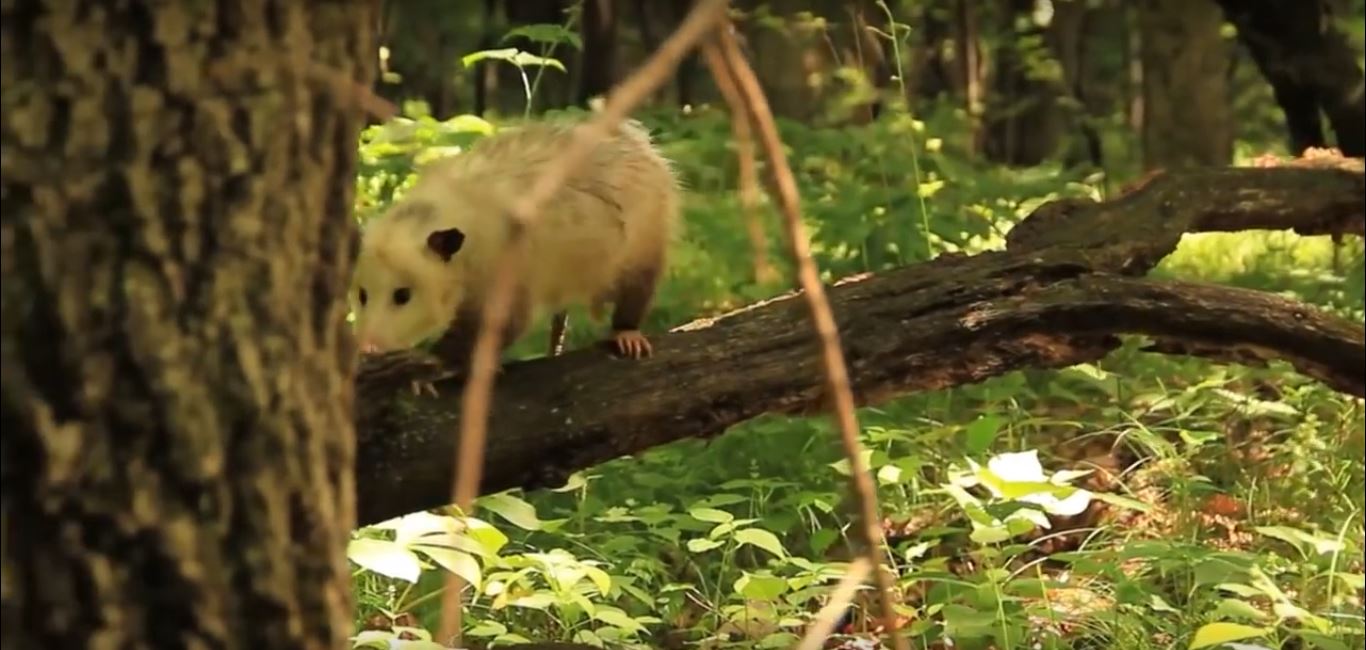Will Repellents get a Wild Animal Out of the Attic?
From time to time, one animal or the other can find its way into your home and make a home
on the attic area. This is because of the warmth and security that such an enclosed area is
able to provide the Jackson animal. You may also be leaving a lot of food for the animal all around
encouraging it to hang around. When your surroundings are favorable to the wild animals, they
will stick around. Also, if the females are about to breed, they choose the warm and dry attic
to make their nests so as to welcome their young. Females usually defend the areas that they
want to have their babies in.

What to do
When the area that the Mississippi animal is using doesn’t present any kind of issue to your, your pets, family
and other animals, then you can choose to let them use the area. However, you need to know that the
droppings, urine and discarded food can cause odor and also, they can pose a serious health hazard.
The noise caused and destruction to your property can also be a really hard blow.
Many people are misled to believing that repellent actually work on wild Jackson animals. Even though the
repellent can be repelling at first, most of the animals just get used to it and continue living in
your attic as if nothing is wrong. Some of the repellents that are used include the moth balls, ammonia,
bright lights, and ultrasonic sounds and so on. A lot of research has been done on the effectiveness of
these methods and there is no evidence to support that they actually do work. If you find a wild Mississippi animal
in your home, what you will do? It is not as simple question as it sounds like. We all feel uncomfortable
if we hear such news about the living place. The first step after having this intimation will be finding
out the ways to get rid of these animals.
In raccoons however, eviction fluid has been seen to have a significant impact in their removal. This is
usually a solution that is created from male raccoon urine and gland secretions. They can be in paste or
liquid forms. Female raccoons are aware of the fact that the male raccoons pose a very serious threat to
their young. The males will usually kill the young if they aren’t theirs so that the female can then go
back to heat. When the female picks up the scent of the male Jackson raccoon inside the den, she feels threatened
and most often will simply move out.
Visit our Jackson wildlife trapping home page to learn more about us.

